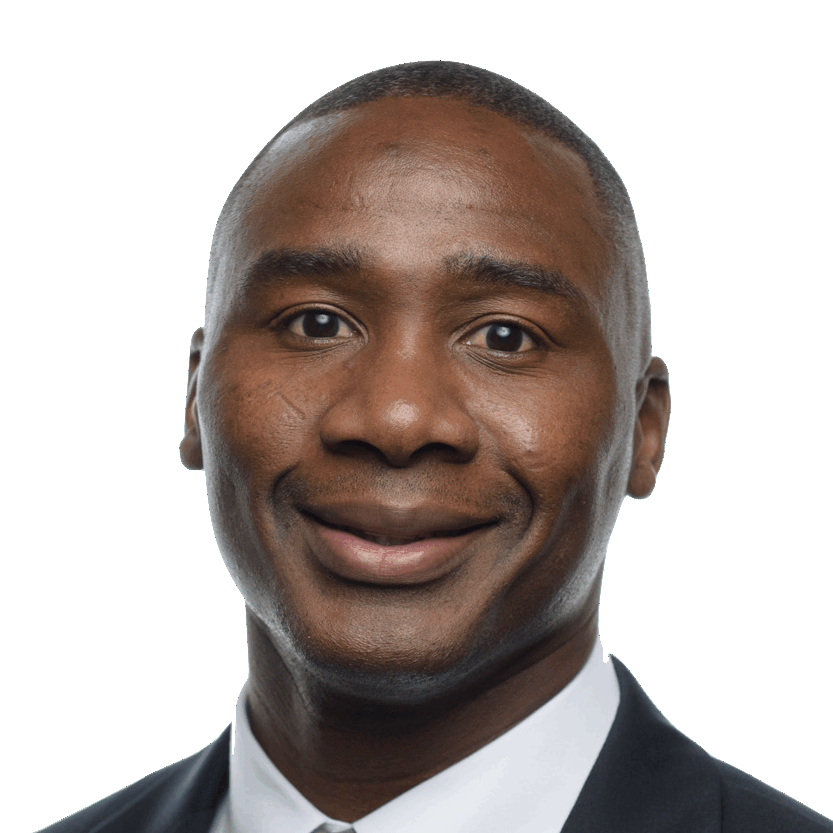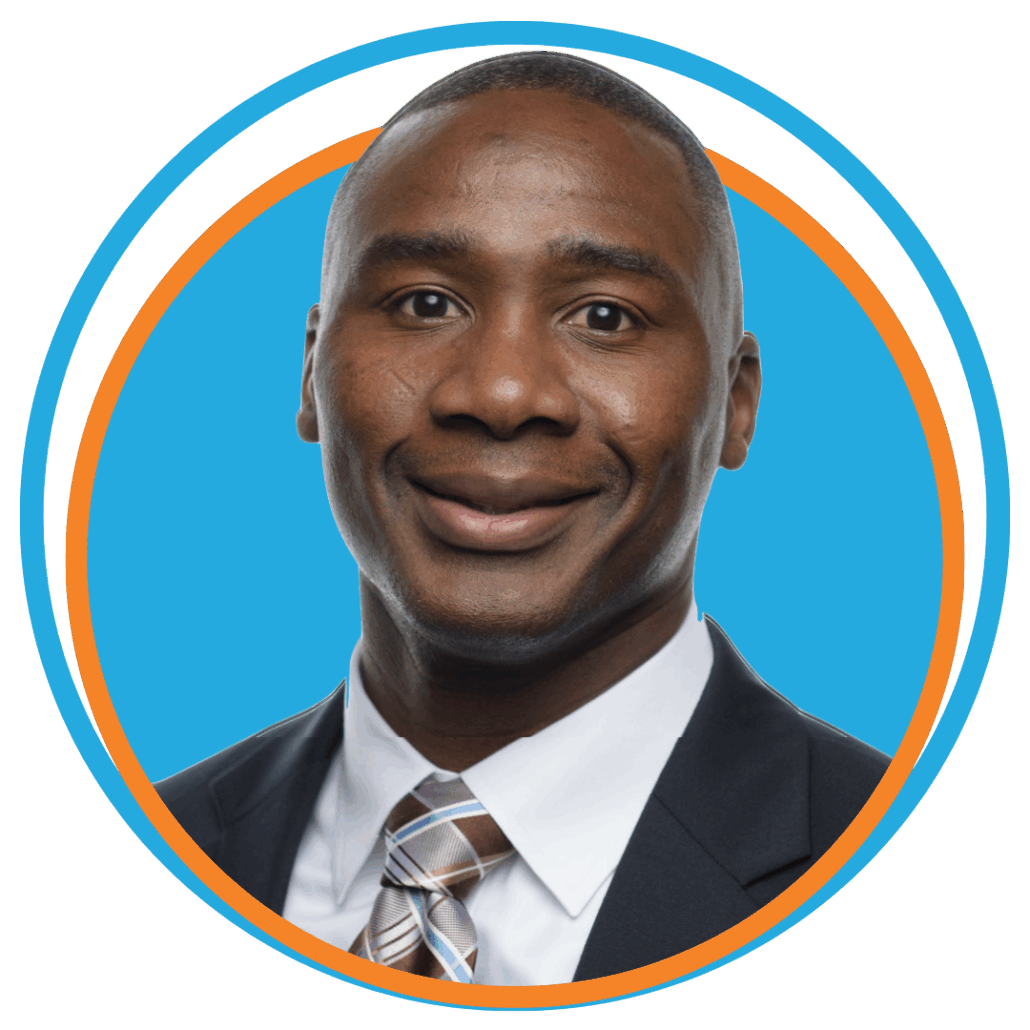[et_pb_section fb_built=”1″ _builder_version=”4.21.2″ _module_preset=”default” width=”100%” max_width=”100%” custom_padding=”0px|0px|0px|0px|true|true” global_colors_info=”{}”][et_pb_row _builder_version=”4.21.2″ _module_preset=”default” global_colors_info=”{}”][et_pb_column type=”4_4″ _builder_version=”4.21.2″ _module_preset=”default” global_colors_info=”{}”][et_pb_text _builder_version=”4.21.2″ _module_preset=”default” text_text_color=”#333333″ global_colors_info=”{}”]High school doesn’t always prepare students for college success. It tends to focus on studying content, whereas college focuses on producing outcomes. Some new thinking skills and a return to fundamentals can set students on the right track.[/et_pb_text][et_pb_text _builder_version=”4.21.2″ _module_preset=”default” text_font=”|700|||||||” text_text_color=”#215921″ text_font_size=”20px” custom_margin=”||10px||false|false” global_colors_info=”{}”]THE ABCS OF ACADEMIC WORK[/et_pb_text][et_pb_text _builder_version=”4.21.2″ _module_preset=”default” custom_padding=”||1px|||” global_colors_info=”{}”]The ABC acronym represents the start of learning and can even save lives. Literacy begins with learning the alphabet. Just saying those first three letters—A, B, and C—assures us that we are off to a great start.
Likewise, in the medical field, first responders are taught to follow their own version of the ABCs. They learn that before they can properly assist people in distress, they must first check for the ABCs: airway, breathing, and circulation. This acronym serves as a life-saving tool that informs them precisely how to start diagnosing people in their care, regardless of illness or injury. The patient may need additional work, but following the ABC sequence gets them off to a great start.
Students need a universal way to start their academic work. The ABCs of Academic Work ensures students are poised for success in any course they take. This sequence of activities helps students stay focused on what matters most. They avoid getting sidetracked by “pseudowork” that seems and feels good in the moment but is ultimately futile.
Have you ever wondered why students who claim to study so much learn so little of what they should know? William L. Kelemen notes that students with weak self-regulation skills may shift their efforts in the wrong direction, studying the wrong material or for the wrong outcome. When students underperform, it’s tempting for educators to question their capabilities or work ethic. However, in my observations with students across several institutions, many students are suffering from ineffective academic work. They are doing lots of things that don’t matter.[/et_pb_text][et_pb_text _builder_version=”4.21.2″ _module_preset=”default” text_font=”|700|||||||” text_text_color=”#215921″ text_font_size=”20px” custom_margin=”||10px||false|false” locked=”off” global_colors_info=”{}”]COLLEGE SUCCESS WORKSHEETS[/et_pb_text][et_pb_text _builder_version=”4.21.2″ _module_preset=”default” link_font=”|700|||on||||” link_text_color=”#215921″ custom_padding=”||1px|||” locked=”off” global_colors_info=”{}”]The LearnWell Projects has developed a series of worksheets to help students decode course outcomes, optimize their thinking, and redefine their role. In other words, they learn to focus on the right type of work.[/et_pb_text][et_pb_text _builder_version=”4.21.2″ _module_preset=”default” text_font=”|700|||||||” text_text_color=”#215921″ text_font_size=”18px” custom_margin=”||10px||false|false” locked=”off” global_colors_info=”{}”]ASSIGNMENT A[/et_pb_text][et_pb_text _builder_version=”4.21.2″ _module_preset=”default” link_font=”|700|||on||||” link_text_color=”#215921″ custom_padding=”||1px|||” locked=”off” global_colors_info=”{}”]
If students are to do effective academic work, they must meet two fundamental prerequisites:
- Understand the differences between studying content and producing outcomes.
- Work deliberately toward achieving outcomes.
Assignment A equips learners to use their courses’ learning outcomes as conceptual guides to shape their academic work.
[/et_pb_text][et_pb_text _builder_version=”4.21.2″ _module_preset=”default” text_font=”|700|||||||” text_text_color=”#215921″ text_font_size=”18px” custom_margin=”||10px||false|false” locked=”off” global_colors_info=”{}”]ASSIGNMENT B[/et_pb_text][et_pb_text _builder_version=”4.21.2″ _module_preset=”default” link_font=”|700|||on||||” link_text_color=”#215921″ custom_padding=”||1px|||” locked=”off” global_colors_info=”{}”]Students must be strategic thinkers to avoid wasting time doing the wrong type of work or doing work in the wrong ways. They use their thinking skills to achieve specific outcomes for their courses. Assignment B provides a three‑step framework for students to assess the thinking requirements for their courses and optimize their thinking as needed.[/et_pb_text][et_pb_text _builder_version=”4.21.2″ _module_preset=”default” text_font=”|700|||||||” text_text_color=”#215921″ text_font_size=”18px” custom_margin=”||10px||false|false” locked=”off” global_colors_info=”{}”]ASSIGNMENT C[/et_pb_text][et_pb_text _builder_version=”4.21.2″ _module_preset=”default” link_font=”|700|||on||||” link_text_color=”#215921″ custom_padding=”||1px|||” locked=”off” global_colors_info=”{}”]Students must set clear, feasible goals for themselves. Assignment C encourages students to summarize the work that lays before them. This simple, powerful step focuses students’ efforts and establishes accurate metrics for measuring their learning.[/et_pb_text][/et_pb_column][/et_pb_row][/et_pb_section]

